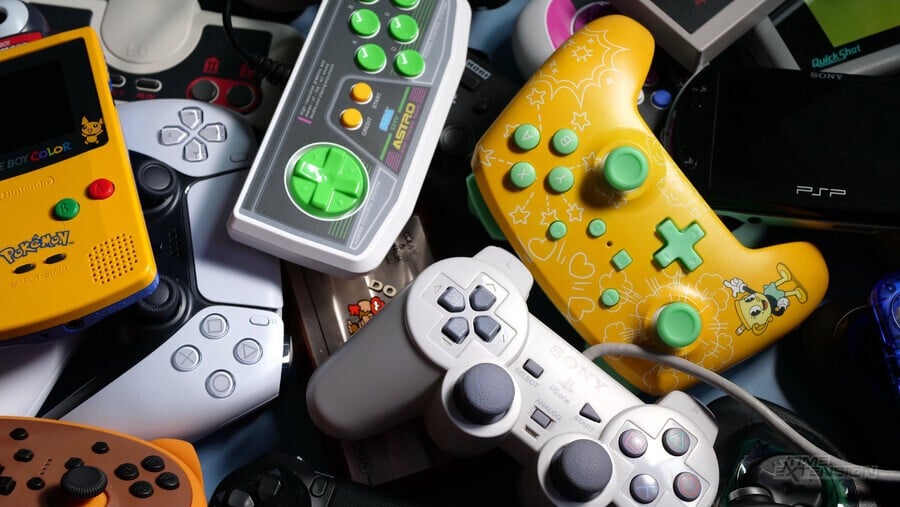
COVID might feel like a distant memory to some, but the ramifications of a global lockdown are still being felt today, beyond the obviously tragic loss of life.
Industries like video gaming are having to deal with a decline in revenue as the post-COVID slump kicks in, and other tangential sectors are dealing with the fall-out, too—such as the world of retro game collecting.
Speaking in a report published by ABC News Australia, "collectables consultant" and owner of the Reserved Investments YouTube channel Shawn Surmick explains how the pandemic triggered something of a gold rush.
"Video game systems started getting into these predictable cycles, where every couple of years new hardware would be released and the old hardware would pretty much become obsolete," he tells ABC News Australia. "People got nostalgic and said, 'Wait a minute, I still want to play these old games.'"
The arrival of the internet and sites like eBay created a viable trading tool for these items, and prices began to rise. As any retro gamer will tell you, pre-owned classic games and hardware have been rising in value for decades, but a flash point came in 2019, when a WATA-graded copy of Super Mario Bros for the NES sold for $100,000.
This resulted in a flood of new collectors and investors entering the market, sure that video games were the new hot ticket. "Everybody caught on the bandwagon," says Surmick. The pandemic exacerbated this. "Everybody was stuck indoors, everybody had money and everybody was on a nostalgia-fuelled binge."
Many felt that companies like WATA were artificially inflating prices during this period, and Surmick was one of the many voices who pointed out that the bubble couldn't possibly last. "Lo and behold, what happened after the COVID money dried up, after everybody was able to go outside?" he says. "The price of a lot of this stuff came crashing down."
However, Surmick is keen to stress that this hasn't altered retro gaming's status as a viable collector's market. "Does that mean video games don't have collectability?" he asks. "No, they do. People love this stuff. People will still buy loose carts. It just means the market got overheated. Now there's a pullback, at least with the high-end graded stuff."
